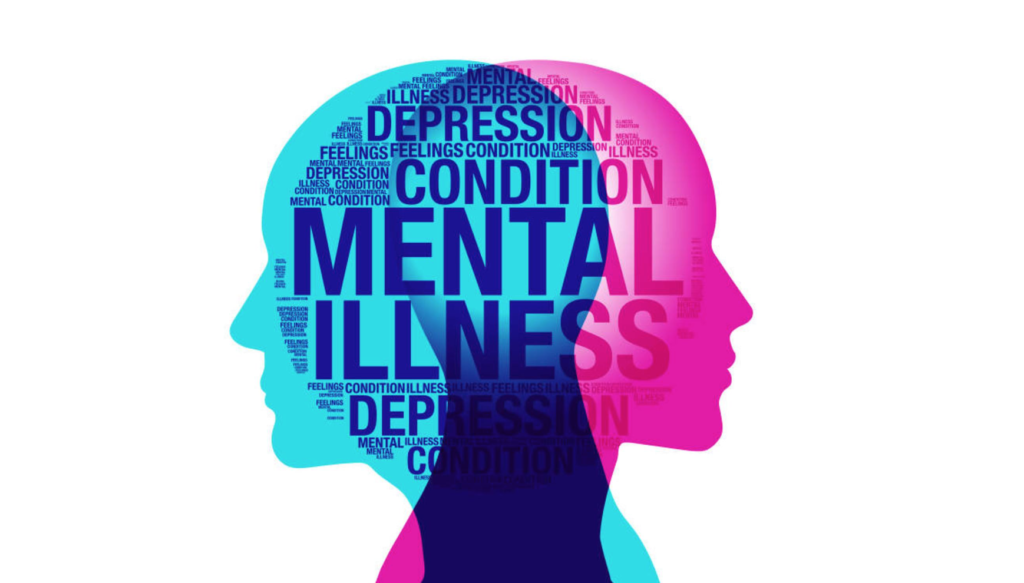Our self-perception, whether positive or negative, shapes our reality in profound ways. When we view ourselves through a lens of negativity, the consequences ripple through our mental and physical well-being, casting a shadow over our lives. Understanding the impact of negative self-perception is crucial for fostering self-awareness and cultivating a healthier relationship with ourselves.
Mental Health:

Negative self-perception takes a toll on our mental health, leading to feelings of inadequacy, worthlessness, and self-doubt. Persistent negative thoughts can spiral into anxiety, depression, and other mental health disorders, creating a cycle of self-sabotage and despair. The constant barrage of self-criticism erodes our confidence and undermines our ability to cope with life’s challenges, leaving us feeling helpless and overwhelmed.
Emotional Distress:

When we see ourselves in a negative light, our emotional well-being suffers as well. We may experience heightened levels of stress, frustration, and unhappiness as we internalize feelings of failure and disappointment. Negative self-perception can also strain our relationships, as we may project our insecurities onto others or withdraw from social interactions altogether, leading to feelings of isolation and loneliness.
Physical Manifestations:
The mind-body connection means that negative self-perception can manifest physically as well. Chronic stress resulting from negative self-talk can weaken the immune system, making us more susceptible to illness and disease. Additionally, ongoing feelings of anxiety and low self-worth can contribute to sleep disturbances, digestive problems, and other physical ailments, further exacerbating our overall health.
Self-Fulfilling Prophecy:
Negative self-perception can become a self-fulfilling prophecy, as our beliefs about ourselves shape our behavior and interactions with the world. When we view ourselves as unworthy or incapable, we may subconsciously sabotage our own success, missing out on opportunities for growth and fulfillment. This reinforces our negative beliefs, perpetuating a cycle of self-defeat and stagnation.
Breaking the Cycle:
Breaking free from negative self-perception requires self-awareness, compassion, and a willingness to challenge our ingrained beliefs. Start by acknowledging and reframing negative self-talk, replacing critical thoughts with affirming and empowering ones. Surround yourself with supportive relationships and seek out activities that nurture self-esteem and self-worth. Therapy, mindfulness practices, and self-care routines can also be valuable tools in cultivating a more positive self-perception.
Conclusion:
In conclusion, the impact of negative self-perception on our mind and body is significant and far-reaching. By recognizing the detrimental effects of self-criticism and self-doubt, we can take proactive steps to break free from the cycle of negativity and cultivate a healthier relationship with ourselves. Through self-awareness, self-compassion, and intentional self-care, we can embrace our inherent worth and potential, paving the way for a life filled with resilience, fulfillment, and self-empowerment.
Iram Gilani
Author | Speaker | Mentor
Book: Invisible Tears
www.IramGilani.com
Contact@IramGilani.com











